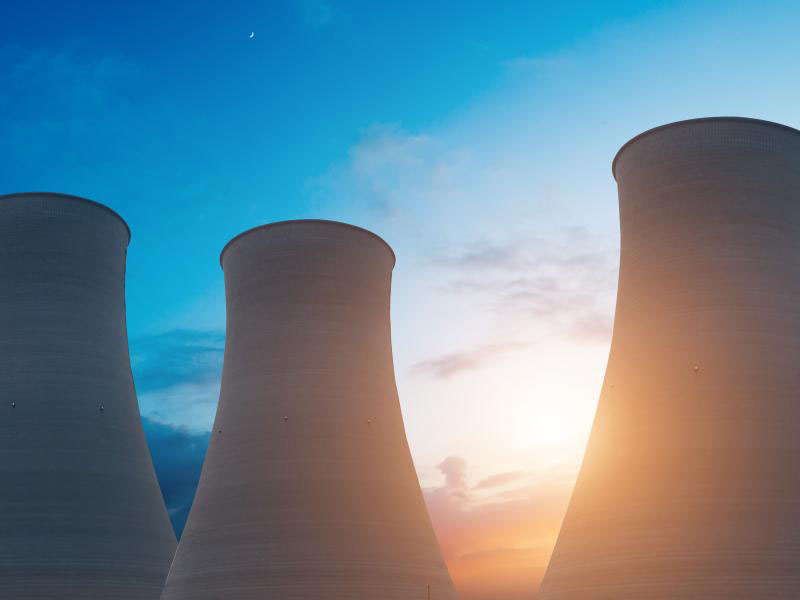August 11, 2023
RPI will receive $2 million to facilitate community engagement for nuclear waste management strategies
— The U.S. Department of Energy (DOE) recently announced $26 million in funding geographically and institutionally diverse awardees, including Rensselaer Polytechnic Institute (RPI), who will engage with additional partners and communities to further the conversation around consolidated interim storage of spent nuclear fuel. Each project team will receive about $2 million for the projects. RPI is one of 13 teams nationally who received an award and is the only awardee in New York State.
The DOE’s community-centered approach to storing and disposing of spent nuclear fuel, a process known as consent-based siting, focuses on the needs and concerns of community stakeholders that may be well-suited to host an interim storage facility. Communities participate in the consent-based siting process by working through a three-stage process with the DOE: planning and capacity building, site screening and assessment, and negotiation and implementation. This award is aligned with the planning and capacity stage, where community participants engage in constructive dialogue about the potential impact of hosting an interim storage facility within the community. In this stage, the DOE is not soliciting volunteer communities for hosting used nuclear fuel storage facilities.
The RPI team — consisting of professors James Olson, Ph.D. (PI), Emily Liu, Ph.D. (co-PI and project manager), Brandon Costelloe-Kuehn, Ph.D. (co-PI), and William Wallace, Ph.D. (co-PI) — is partnering with the Schenectady Foundation for the “Collaborative Paradigm for Community Engagement” project.
“The Capital District is a great choice for collaborating with the DOE regarding nuclear waste management based on the role the community played in creating and advancing nuclear technology,” said James Olson, senior lecturer in mechanical, aerospace, and nuclear engineering.
“Community members may be surprised to learn that a lot of the development work for nuclear energy was done in the Capital District,” said Emily Liu, industrial and systems engineering department head and professor of mechanical, aerospace, and nuclear engineering. “Oppenheimer performed essential calculations in Schenectady and local residents may find some of their family members on the patents necessary to develop nuclear reactor technology.”
The team plans to conduct a series of community engagement events in Schenectady and Saratoga Springs to elicit and map feedback from participants. The focus of these community events will be to workshop the DOE’s draft consent-based siting approach and consider the history of relevant infrastructure in the local community as well as the potential impacts of an increased or reduced local nuclear footprint. RPI students will be soon recruited to join the efforts to design and facilitate those community engagement events.
“Although we can proud to be part of a community that helped create modern nuclear technology, we feel obligated to address open challenges such as used nuclear fuel management and equitable access to socioeconomic benefits. We look forward to engaging with local communities to address concerns about nuclear technology in a way that may play a key role in solving the climate change puzzle,” Olson said.

